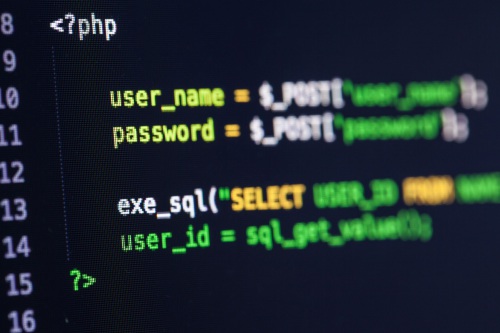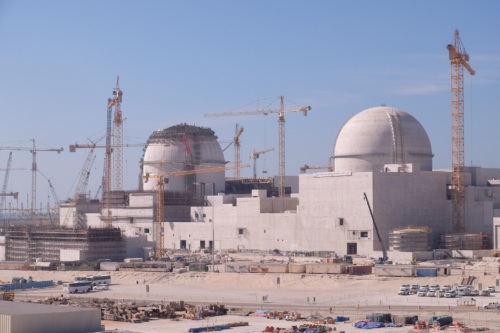
Addressing Cyber-Nuclear Security Threats
What if a hacker shut down the security system at a highly sensitive nuclear materials storage facility, giving access to terrorists seeking highly enriched uranium to make a bomb?
If a nuclear weapon exploded in a major city, the blast center would be hotter than the surface of the sun; tornado-strength winds would spread the flames; and a million or more people could die. Survivors would have no electricity, no transportation, no phones—and hospitals would be overwhelmed, if they were still standing.
Today, nine countries—China, India, Israel, France, North Korea, Russia, the United Kingdom and the United States—hold nearly 16,000 nuclear weapons. Persistent threats of accidental or unauthorized use, terrorism, the proliferation of nuclear technologies and materials, and cyberattacks on facilities or command-and-control systems require innovative, practical solutions. NTI works globally to address the range of nuclear-weapon risks.
NTI’s projects aim to enhance governments’ ability to understand and manage today’s increasingly complex set of global nuclear security threats.
What if a hacker shut down the security system at a highly sensitive nuclear materials storage facility, giving access to terrorists seeking highly enriched uranium to make a bomb?
Open, increasingly digital data combined with tools for data analytics can supplement traditional nonproliferation efforts by detecting illicit proliferation
Developing practical proposals for future U.S. and Russian nuclear cooperation
Promoting cooperation on materials security, verification and scientific projects
For as long as we have nuclear weapons, the United States must ensure they are safe, secure, and reliable.
Building a safer, more secure, and more proliferation-resistant nuclear fuel cycle
Strengthening the global nuclear security system





